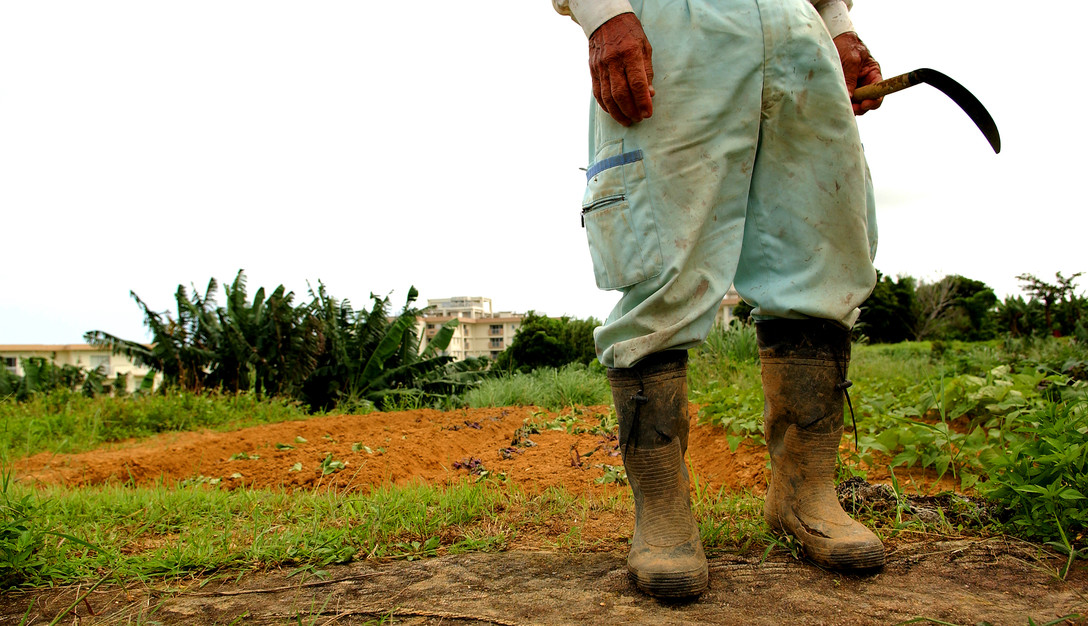If the city fixes the street outside of your home and increases the value of your real estate, you should have to pay the city back some of that windfall…right?
Read MoreWhen we take the steps that make our communities more financially resilient, we often make them healthier too. Just ask Dan Burden of Blue Zones: an organization that works with cities and towns across the country to help people lead healthier lives.
Read MoreMany of the cities we live in are under intense economic, social, and environmental stress. But how do we start to change the local planning status quo when the public doesn’t trust planners or policy experts?
Read MoreAn interview with Steve Nygren, developer of Serenbe, Georgia, about how Serenbe is unlike conventional suburbia, and why Nygren thinks it holds lessons for how all of our communities could achieve a better way of life at a lower cost.
Read MoreLiberals and conservatives have fundamentally different ways of looking at the world. So why do so many of them agree that we need more infrastructure spending—even if it might make our town weaker?
Read MoreMorgan Leichter-Saxby—co-founder at Pop-Up Adventure Play—shares how you can create low cost, low risk places to play in your neighborhood, including how to pitch the idea to your neighbors, how to commit to an incremental approach, and how Pop-Up Adventure Play can help throughout the process.
Read MoreAs an engineer, I once had property owners turn out en masse to oppose a project I was working on that would fix their potholed street and broken sidewalks. Find out why—and one key policy change that might have led to a different response.
Read MoreCould it make sense to put the onus on pedestrians to ensure their own safety—in Honolulu’s case, by considering making it illegal to cross the street outside of a crosswalk after dark? Maybe, but only if we had a system that actually gave people on foot equal opportunity to get around safely and conveniently. We don’t.
Read MoreAlix Taylor—Manager of Water Programs at Green Communities Canada—shares how to depave neglected concrete in your own neighborhood, including how to get your neighbors involved in the process, how to pitch the idea to city leaders, and how to find sites in your neighborhood optimal for depaving.
Read MoreEquipped with “grit and grind”—but also with a whole lot of good data on the financial consequences of past development decisions—Memphis, Tennessee is taking smart steps toward a bottom-up renaissance. Just ask its Chief Operating Officer, Doug McGowen.
Read MoreA recent New York Times op ed despaired that economic trends have passed rural America by. So isn’t it time for some new economic trends?
Read MoreJohn Reuter—board member at Strong Towns and former councilperson at the City of Sandpoint, Idaho—shares his insights in how you can propose eliminating parking minimums in your town—including how to tell a compelling story, how to find data that enhances that story, and how to build community support around removing parking minimums.
Read MoreStreet trees can be a huge maintenance headache, but are they worth it anyway for a fiscally prudent city? What do we think of land banks? Why isn’t “efficiency” always a good thing for cities? What the heck does “vibrant” mean? And more of your questions answered in the video and audio from April 2019’s Ask Strong Towns webcast!
Read MoreThe Strong Towns Podcast is back with brand new episodes. And to kick things off, we’re offering you a sneak peek into the upcoming full-length book by Strong Towns founder Charles Marohn—including details of the contents that haven’t yet been shared anywhere else. And you can pre-order your copy today!
Read MoreA robust urban farming landscape can make your city stronger. But can it really, y’know…feed your citizens?
Read MoreWe conclude our podcast greatest-hits series by revisiting a 2013 conversation with Chris Gibbons, the originator of Economic Gardening. Helping home-grown companies expand—rather than importing jobs from elsewhere—Economic Gardening is the essence of a Strong Towns approach to economic development.
Read MoreApp developers are promising that any citizen with a smart phone can take part in planning their city like never before. But is there more to community engagement than what you can fit within the borders of a screen?
Read MoreJacqueline Hannah—assistant director at the Food Co-op Initiative—shares how you can start a neighborhood grocery co-op in your town, including how to pitch the vision to community members and elected officials, how to translate your enthusiasm into action, and how the Food Co-op initiative can help through every step of the process.
Read MoreJeff Eidson—founder of Explore Elkin—shares story behind the idea Explore Elkin and how listeners can successfully create similar groups in their own cities and towns, including how to find and pitch a shared vision to residents, how to motivate residents stuck in a psychology of decline towards their city or town, and how to use the funds generated towards small bets.
Read MoreJoanna Jurgens, Head of Business Affairs at Sofar Sounds, shares how you can foster a local music scene in your community, including how to awaken that DIY spirit that’s so essential to kickstarting a local music scene, how to identify low risk strategies for creating a venue, and how to get local elected officials involved in the process.
Read More



















